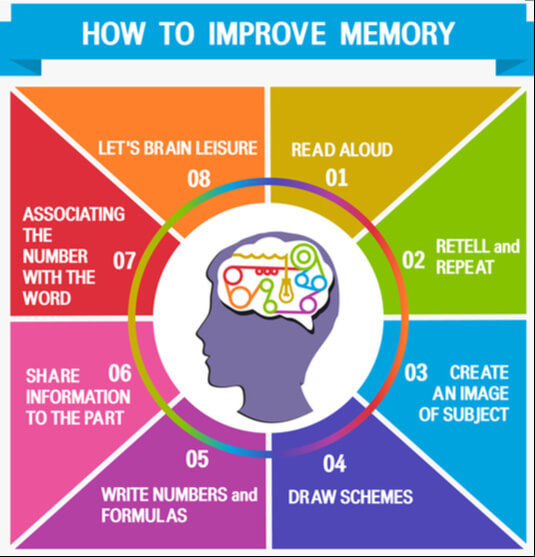


Network science provides a powerful approach to representing such complex systems, from the social networks of people to modelling the underlying network structures of different cognitive mechanisms. Music is a complex system consisting of many dimensions and hierarchically organized information-the organization of which, to date, we do not fully understand. Our results highlight commonalities in the strategies for question-asking used by people and by the Akinator. In addition, we find coherent topics that the Akinator retrieves from when generating questions. Overall, we find surprising aspects of the specificity and types of questions generated by the Akinator game, that may be driven by the gamification characteristics of the game. Furthermore, we use topic-modelling techniques to explore the topics of the Akinator's inquiries and map similar questions into clusters. We conduct an exploratory data analysis to examine different strategies for the Akinator's question-asking process, ranging from mathematical algorithms to gamification-based considerations, by analyzing complete games and individual questions. We propose that the Akinator's question-asking process may be viewed as a reflection of how humans ask questions.

We do so by an exploratory data-driven analysis of the questions asked by Akinator, a popular online game of a genie who asks questions to guess the character that the user is thinking of. Here, we take a first step towards investigating human question-asking. Yet, little is known about the reasons that lead people to ask questions, which questions are considered better than others, or what cognitive mechanisms allow the ability to ask informative questions. Question-asking is a critical aspect of human communications. The concluding section advocates the need for integrating representational accounts of semantic memory with process-based accounts of cognitive behavior, as well as the need for explicit comparisons of computational models to human baselines in semantic tasks to adequately assess their psychological plausibility as models of human semantic memory. The review also identifies new challenges regarding the abundance and availability of data, the generalization of semantic models to other languages, and the role of social interaction and collaboration in language learning and development. error-driven/predictive learning), and (3) evaluates how modern computational models (neural network, retrieval-based, and topic models) are revisiting the traditional "static" conceptualization of semantic memory and tackling important challenges in semantic modeling such as addressing temporal, contextual, and attentional influences, as well as incorporating grounding and compositionality into semantic representations. distributed representations) and learning (error-free/Hebbian learning vs. This paper (1) reviews traditional and modern computational models of semantic memory, within the umbrella of network (free association-based), feature (property generation norms-based), and distributional semantic (natural language corpora-based) models, (2) discusses the contribution of these models to important debates in the literature regarding knowledge representation (localist vs. Considerable work in the past few decades has challenged this static view of semantic memory, and instead proposed a more fluid and flexible system that is sensitive to context, task demands, and perceptual and sensorimotor information from the environment. Adult semantic memory has been traditionally conceptualized as a relatively static memory system that consists of knowledge about the world, concepts, and symbols.


 0 kommentar(er)
0 kommentar(er)
